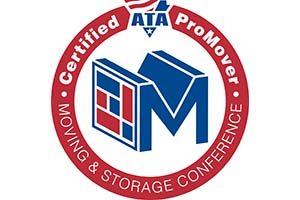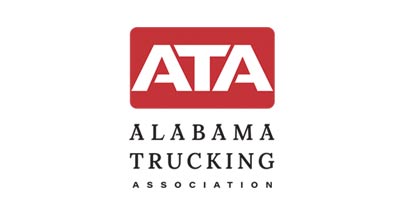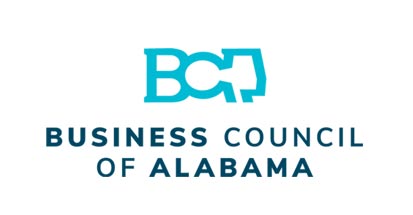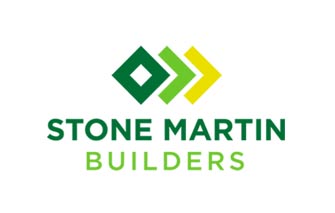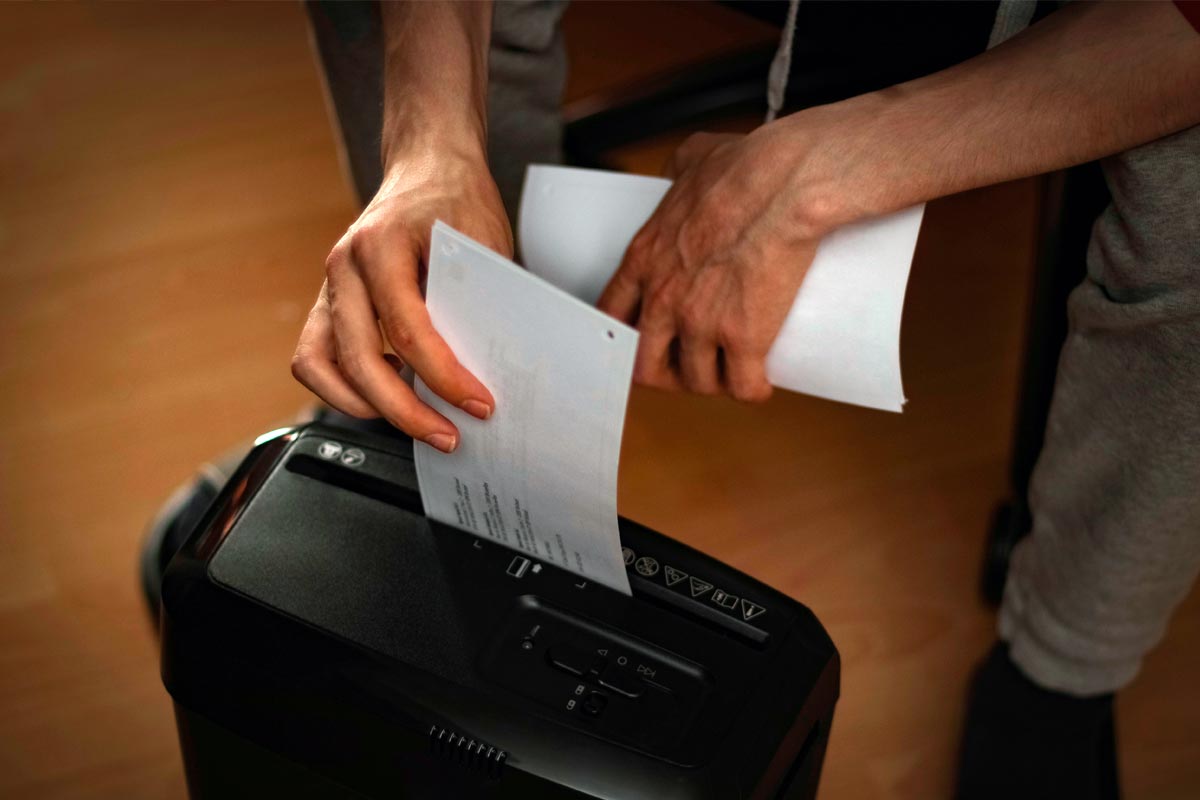
Moving Tip: Shred Those Unimportant Documents
Shred it, don’t pack it.
One blog was titled “A pack rat’s guide to shredding!” Isn’t that a true title? Haven’t we all been in a place where we have kept more documents than needed? If you could raise your hand to be a “pack rat” in this area, you would be happy to know that you are not alone.
But there is something you can do about this: you can purge your files of unneeded documents before your next move and take them to a secure shredding location. Or, after your move, you can clean out and shred those unwanted documents.
Whether we like to admit it or not, our homes can become packrat’s paradises. As we get older, we can end up with our parents’ paperwork, or we can create our own sensitive box of documents.
Spring cleaning and after-tax season are great times to take a long, hard look at what you have been hanging on to that needs to go!
Destroying old documents is a smart practice for many reasons. First and foremost, it offers a safeguard against the risk of data theft.
Failing to protect potentially sensitive and private information can quickly lead to major trouble. That’s why it’s good to be prepared and understand how to identify and destroy old documents properly. Moving to a new location is a perfect time to let go of documents you no longer need.
Be sure to choose a company to shred your papers that is regulated, licensed, and bonded! Stepping into a warehouse where shredding takes place can be overwhelming. Papers are on conveyor belts heading to different shredders. A company bonded and inspected by the FBI will ensure your old documents are destroyed properly.
Know which Records to Retain
Pay stubs, statements from financial institutions, and receipts are all sensitive documents. If you have any sensitive documents that you no longer need, keeping them around can be risky.
Most people have home shredders, but when you make a major move that involves years of receipts you have not cleaned out, you need help.
For some individuals, it is difficult to discern what old documents should be kept. That’s why comprehensive knowledge of what records to keep is helpful.
So, are you wondering what to keep and what to shred? Studying experts’ advice on how long they recommend keeping certain documents will help you make the right decisions. The following is a short list:
Documents that You Save Forever
Keep these locked up securely:
- Birth certificates or adoption papers
- Social Security cards
- Citizenship papers or passports
- Marriage or divorce decrees
- Death certificates of family members
- Auto titles and home deeds are stored safely as long as you own the property.
Tax records At this time of year, the big question is: What tax records can you shred, and when can you shred them?
- Tax returns – Our conservative advice is to keep these forever.
- Pay stubs – Shred them after checking these against your W-2.
- Home improvement receipts – Keep these receipts until you sell your home since certain expenses may reduce your capital gains tax.
- Wait seven years before shredding other tax records – like tax-related receipts and canceled checks. Why? While the IRS usually has three years to audit you, it has up to seven years under certain circumstances. (If you file a fraudulent return, the IRS can audit at any time – but for the average honest taxpayer, seven years is fine.)
If you are unsure, call IRS Taxpayer Assistance at 800-829-1040. Let the experts give you good advice.
Other Records
Most experts suggest you can shred many other documents sooner than seven years. Credit card or utility bills can be shredded immediately. If you haven’t already, now is a good time to have any paper statements placed online.
Also, shred sales receipts unless related to warranties, taxes, or insurance. After one year, shred bank statements, pay stubs, and medical bills (unless you have an unresolved insurance dispute).
For those who are thinking, maybe I should keep everything, just in case. . . remember: Identity theft is a real thing! Identity thieves can’t use documents you have destroyed.
Destroying documents with your personal information reduces the likelihood of becoming an identity theft victim. Also, consider “freezing” your credit accounts with all three major credit reporting agencies. Equifax, TransUnion, and Experian. Forbes Advisor writes:
“A credit freeze is one of the most important steps to protect yourself from identity thieves opening credit accounts in your name.
“Freezes prohibit consumer credit reporting agencies from disclosing the contents of a credit report to any person requesting the data. Without that credit file, lenders generally will not extend credit to you – or anyone claiming to be you. In other words, a credit freeze helps to prevent new credit accounts from being established in your name.
“Freezing your credit (also known as placing a security freeze) is becoming increasingly important.
“With nearly all of our financial and personal information in the cloud, we are increasingly vulnerable to fraud and identity theft. Identity theft accounted for $16.8 billion in losses spread across 16.7 million victims in 2017.”
There are pros and cons to having a credit freeze. So, study this subject carefully for yourself.
Remember, shredding is just one way to reduce identity theft risk. For other tips on preventing identity theft, visit ftc.gov/idtheft.
Photo by NataKor on Shutterstock



